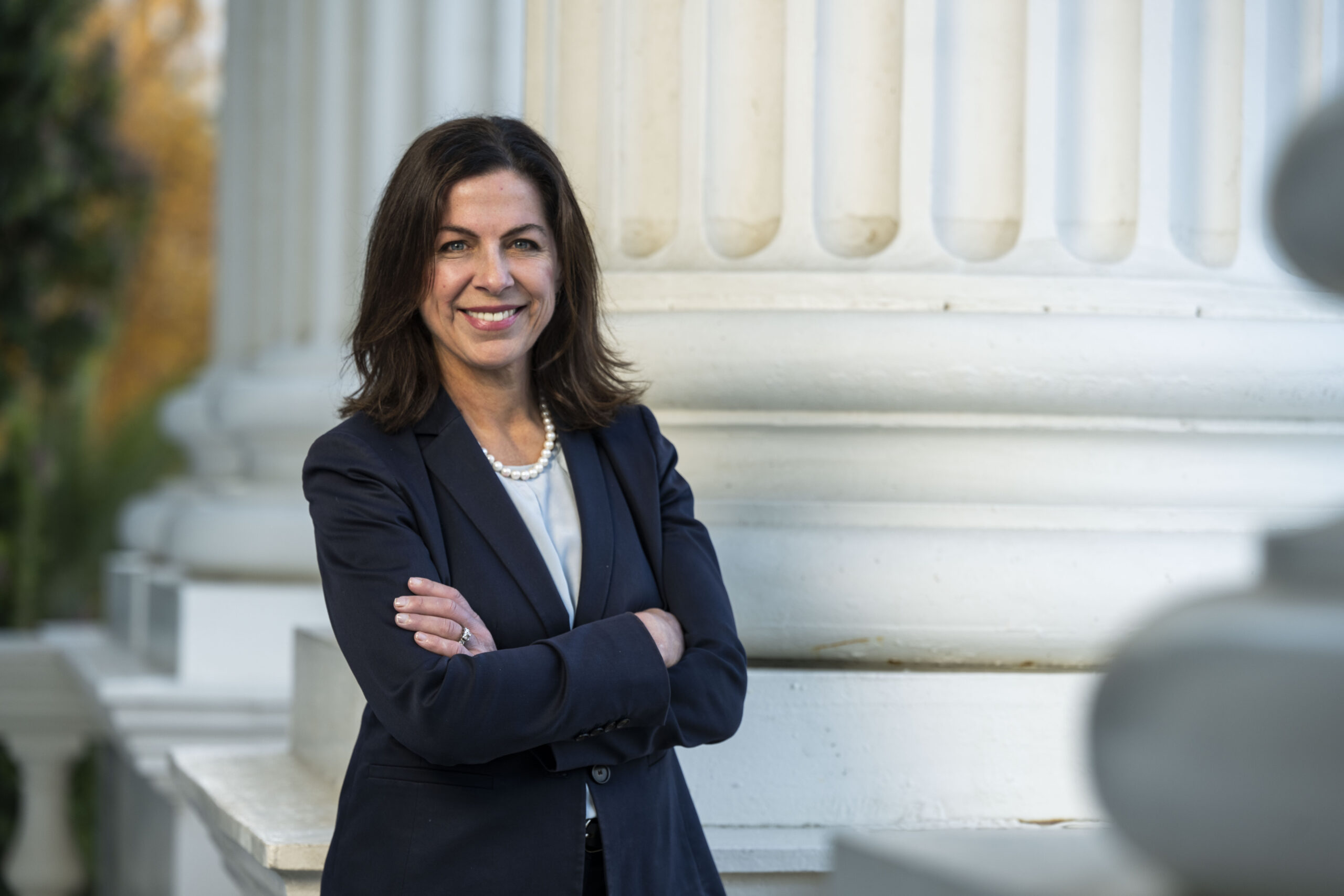South San Francisco, CA March 28, 2023 Submitted by David Burruto, District Director
Assembly Bill 753 Approved by Assembly Committee on Environmental Safety & Toxic Materials

SAN MATEO – Today, Assembly Bill 753, a bill to ensure impacted communities receive pollution remediation investment from state water boards and introduced by Assemblymember Diane Papan (D-San Mateo), was unanimously approved by the Assembly Committee on Environmental Safety & Toxic Materials.
Assembly Bill 753 will reform the State Water Board’s Cleanup and Abatement Account to ensure that fines and penalties paid by water quality violators are sent back to the impacted communities most impacted by polluted waterways.
“With limited resources available to remediate polluted waterways we must ensure that highly impacted communities receive the necessary funds to maintain a healthy environment,” said Papan. “This is an important equity and public health issue.”
State and Regional water boards in California are charged with enforcing the federal Clean Water Act, setting water quality standards and issuing regulations. Perhaps most importantly, water boards are also charged with enforcing water quality rules and penalizing violators.
Typically, violators pay fines that go into the State Water Board’s Cleanup & Abatement Account which supports the clean-up waterways in communities most impacted by pollution. In recent years, however, the State Water Board has sent an increasing share of Cleanup and Abatement Account monies to only a select few Regional Boards leaving many California communities — including many low-income communities of color — without the funding necessary to clean up polluted waters.
Assembly Bill 753 will require that 50% of Cleanup and Abatement Account funding be returned to Regional Water Boards to clean up the most polluted waterways; improve monitoring of water quality; develop community capacity so that residents in the most disadvantaged communities can participate in the regulatory and permitting processes; and fund research through the new Clean Water Innovation Account established under this legislation. Together, these measures will ensure that the Water Boards are using limited resources to clean up the most polluted waterways in the state’s disadvantaged communities.
“Ensuring equitable distribution of these critical pollution remediation funds is only fair and will promote improved community health in communities that need it most,” said Papan.
The legislature should be heading up a complete audit of the Water Board’s business practices. Why are tax and fee payers paying for the Water Board offices to remain largely empty? The state employee unions have fought return-to-work mandates. If they want to stay home, close the offices. We are three years into the pandemic, why hasn’t Water Board management taken action on this issue? Management at the Water Boards consists of staffers that were promoted over the years. They really have no business sense and can always rely on raising fees to cover their mismanagement. Taking 50 percent of fees from the C&A account will result in additional fees and/or requests for more general fund money.